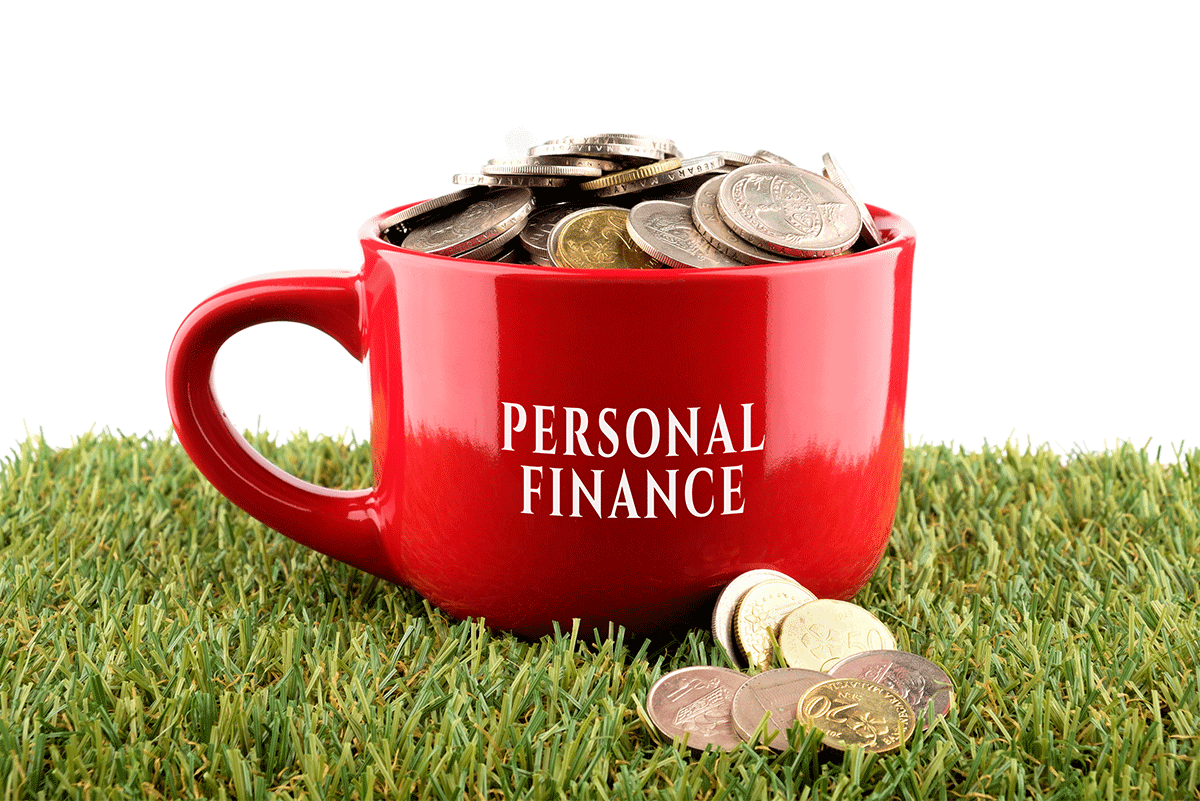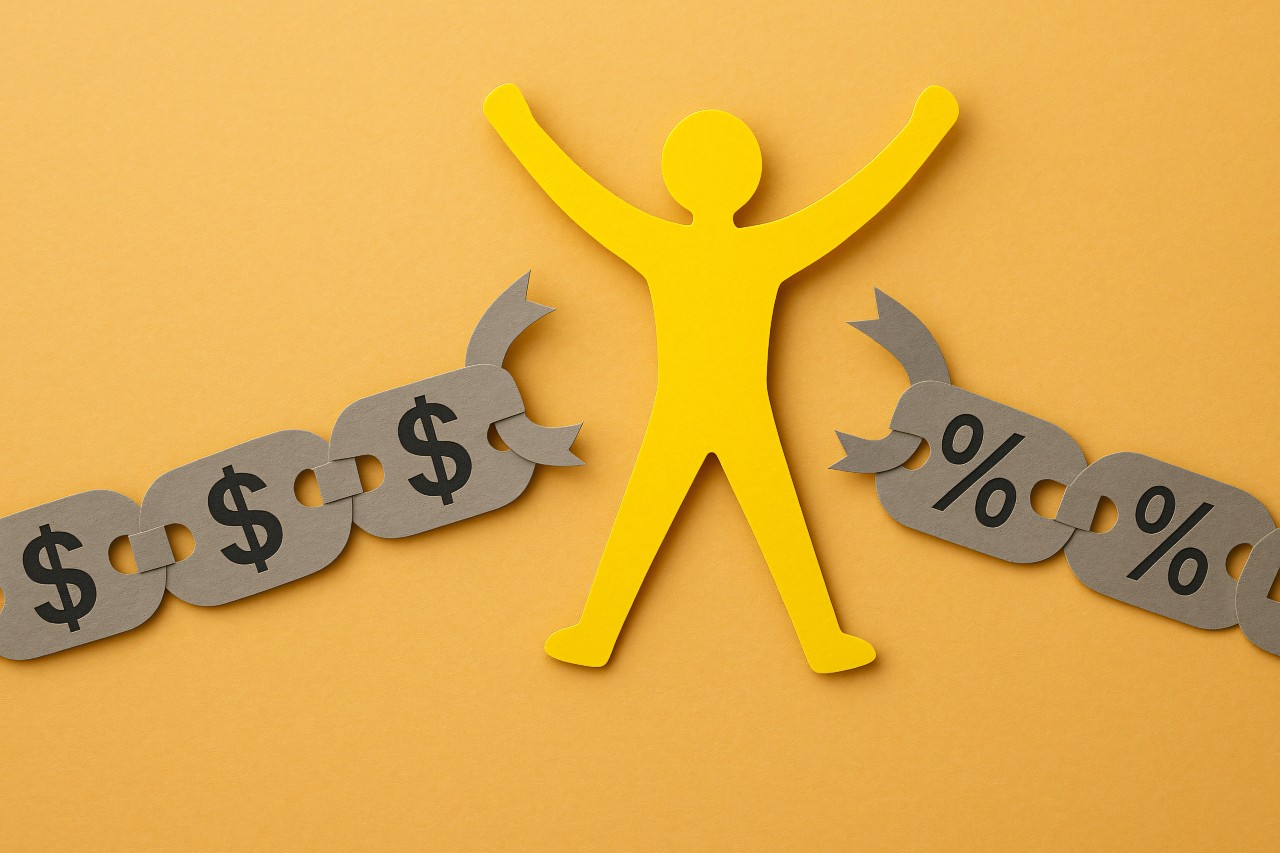If you want to get your personal finances on track, it takes time and guts. You must put effort into setting up a system that will work for you. Come to terms with all the debt you’re carrying and your poor money habits. Studies show that money is one of the most significant stressors in our lives. Personal finance ranked higher than personal health, work, and relationships.
The good news is, once you have your personal finances on track, it is more comfortable and often more enjoyable to manage your money. If your money situation is causing stress, and you want to get on track, here’s where to start.
Know what life costs
We often don’t think about our month-to-month costs until we lose a job or income. Then, we scramble to figure out what our total monthly expenditures are and how we are going to continue to pay for them. Start ahead of a crisis by calculating what your life costs on a month-to-month basis. Write down everything you spend over three months. This includes rent, mortgage, utilities, clothing, food, medicine, transportation, entertainment, and so on. Once you have this three-month diary, take that number and divide it by three to get a realistic picture of what it costs per month to live the life you have. Create a budget to include all these expenses and measure them against your income. This is a crucial step in ensuring long-term financial wellness.
Have an emergency fund
Once you have that realistic number of what life costs on average each month, you must begin adding money to your emergency fund. You should have enough money in that fund to cover at least three to six months of expenses in the case of an unexpected event, like job loss, a loved one getting sick, or for any other reason that causes a slowdown in your income. There is a great guide on how to set up an emergency fund on the Government of Canada website. In general, they recommended that you save the equivalent of three to six months of your regular expenses. It can take years to fund your emergency fund fully but start now by putting small amounts away into a high-interest savings account that you can use immediately if the need arises.
Make a money plan
There’s an old saying: If you fail to plan, you plan to fail. This is especially true with your money. Sit down with a partner or on your own and map out a 5-10-15 year plan. Where do you want to be at each point? Maybe you plan to buy a house in five years. Maybe it’s to have kids in 10 years. If you are older, perhaps you plan to retire in 15 years. Whatever your personal financial plan is, get it written down so you can start to adjust spending habits now to reach your ultimate financial goals. If you have significant expenses, like a wedding coming up, start planning now about what that wedding would cost, then divide that cost by the number of months or years you have left until that event happens, to see what you have to save each month to pay for it. You can do this with virtually any expense you have in your plan.
Plan for retirement
This can be a hard sell to young Canadians, but nothing is more important than saving money for your future self. The earlier you start putting money away for retirement, the longer you have for it to grow. With the beauty of compound interest, a small amount invested today can grow to a more substantial sum compared to a significant amount invested 15 years from now. Go to the CRA retirement calculator to figure out where you currently are in your retirement savings journey. The calculator asks you a series of questions that can take up to 30 minutes to answer. In the end, it outputs an educated guess of what your retirement will cost and if you are saving enough to get there. This can give you a realistic picture of whether you’re on track, and you can adjust your savings accordingly.
To get your personal finances on track, the best move is to start now. Start saving more, start investing better, and start understanding what your goals are. Once all this happens, it gets easier to see what your personal finance goals are and how you are going to reach them.
The Role of Credit Card Debt
Your credit score affects your financial health and can influence your ability to acquire loans for major purchases. Check your score for fore once every year, or use apps that help you monitor it. Learn more by speaking to a member of our team today.





